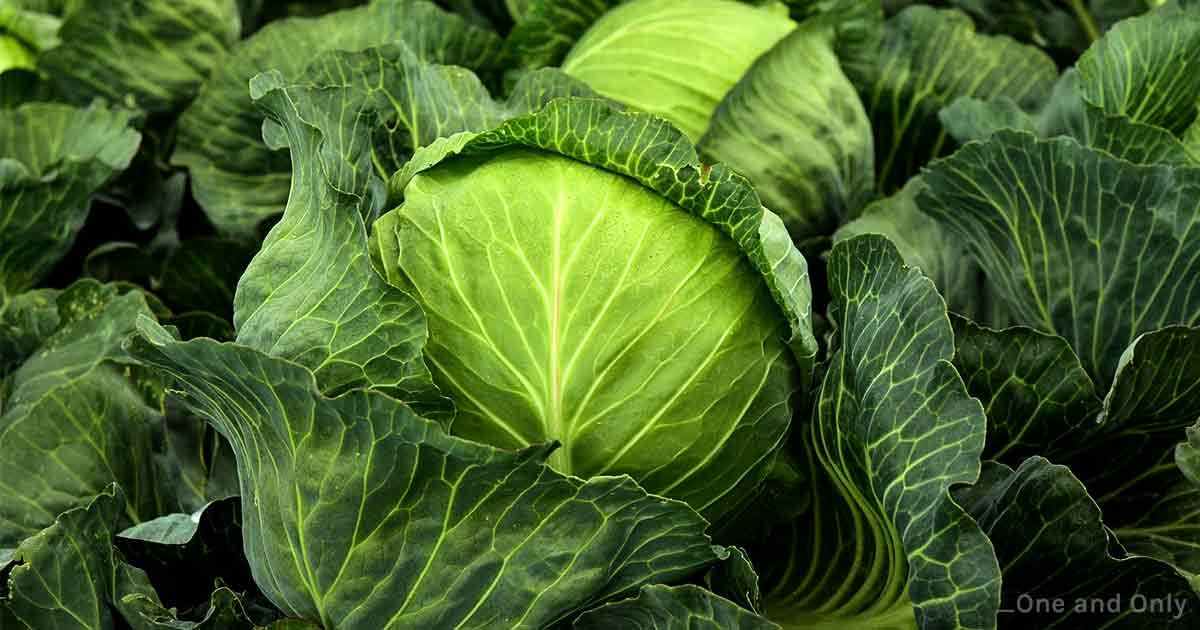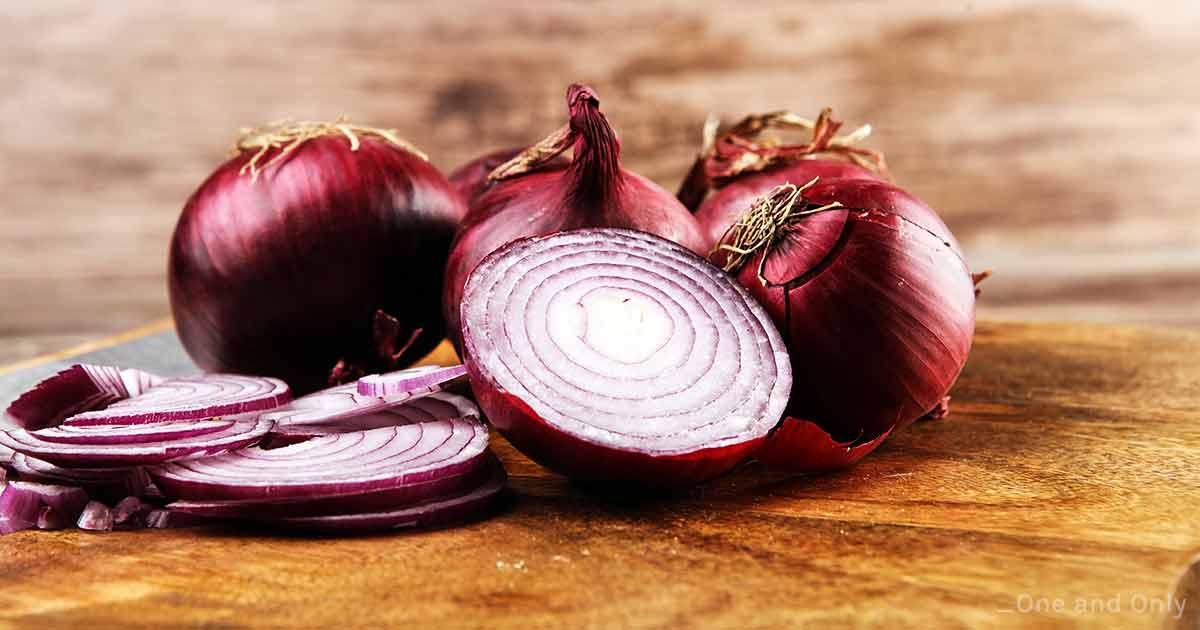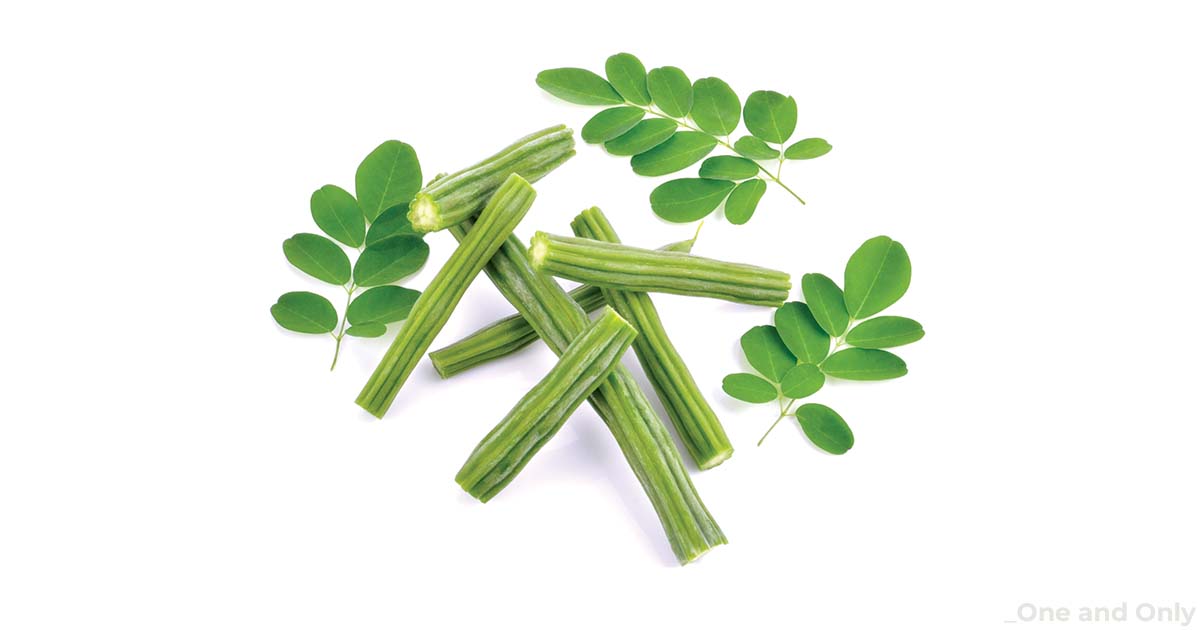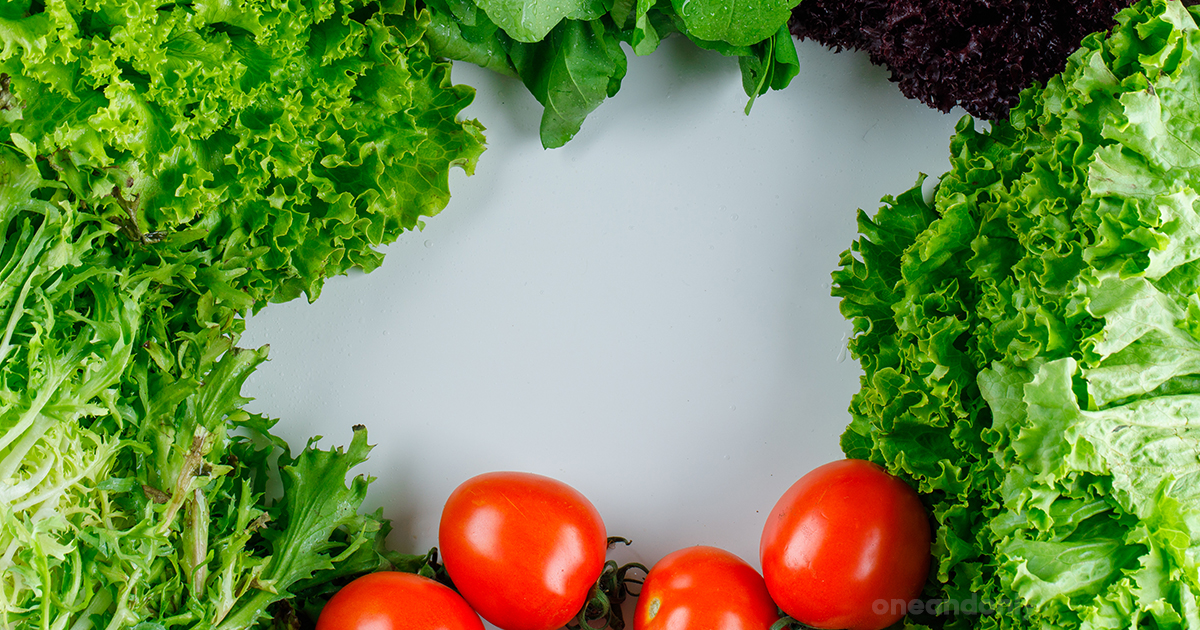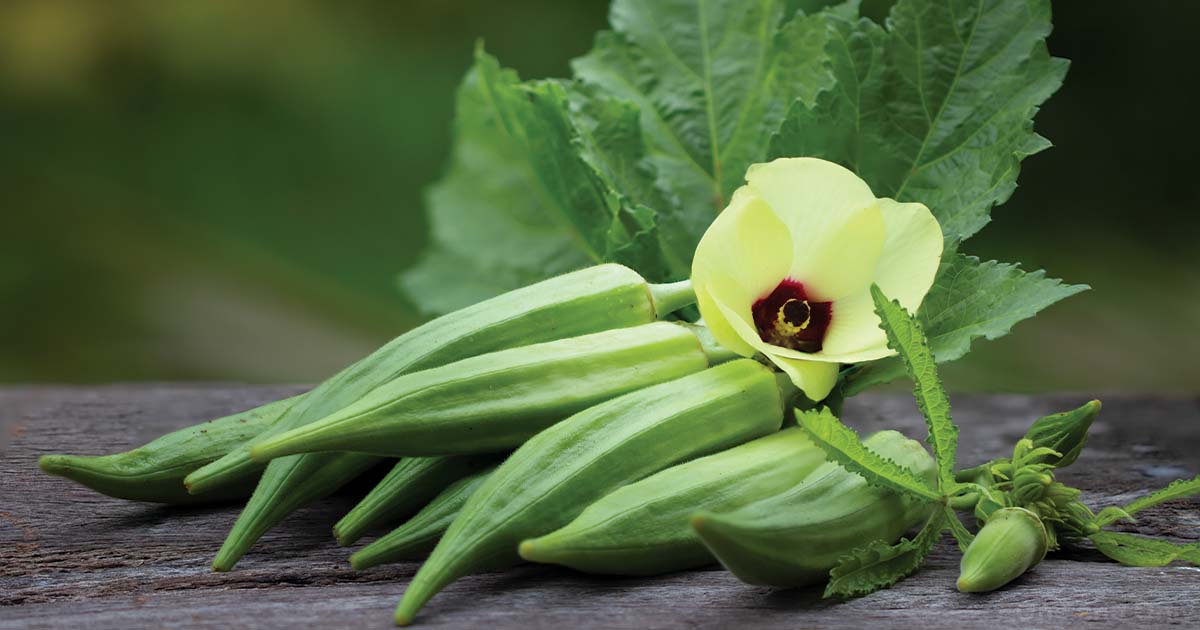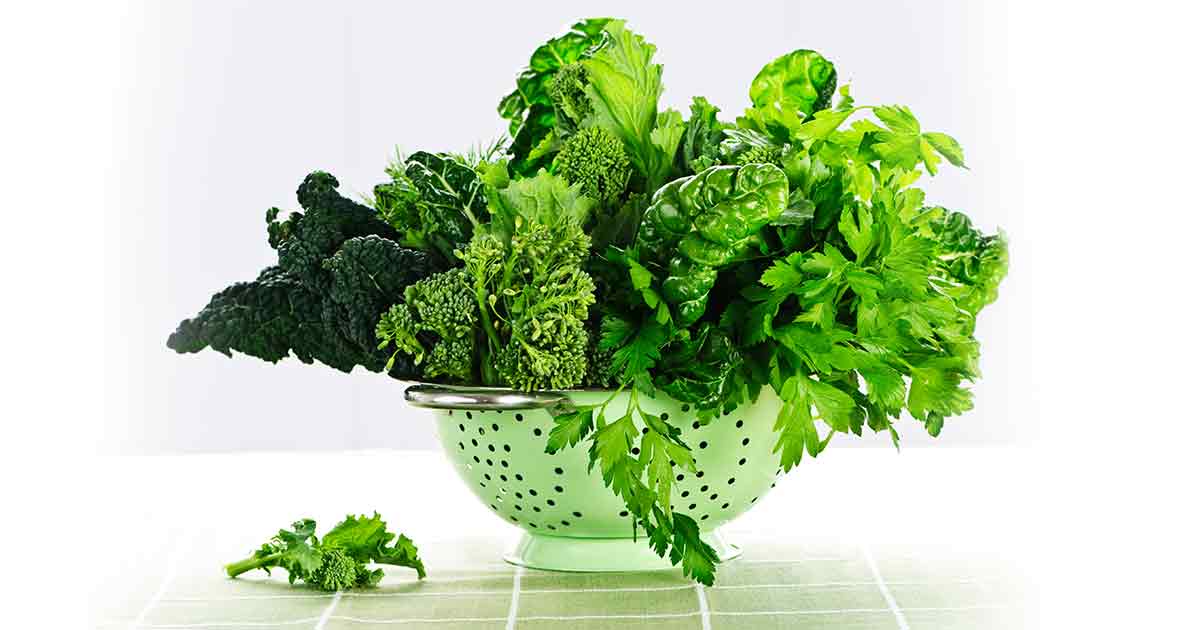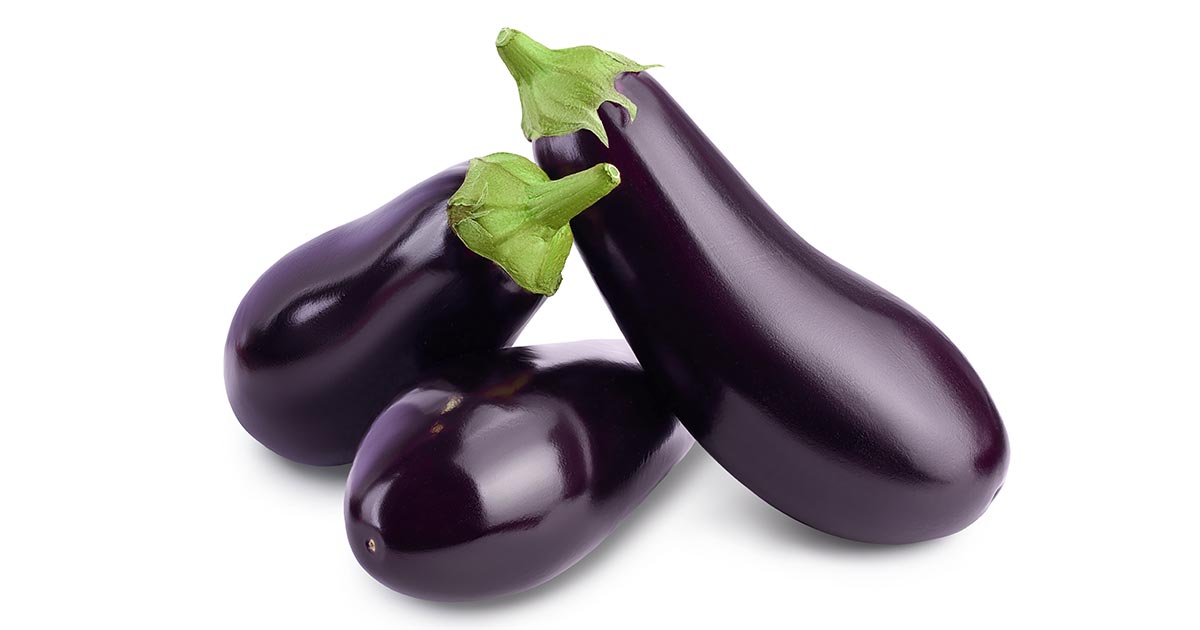Cabbages otherwise called “The king of cruciferous vegetables” come from Brassica family, and it is closely associated with Cauliflower, Broccoli, and Brussels sprouts (1). These leafy vegetables have soft, whitish, or light green inner leaves closed with harder and dark green outer leaves. They come in various shapes and colors, such as Purple, Green, White, and Red. Cabbages are low in calories and have plenty of Minerals, Vitamins, and Antioxidants. It is one of the most delicious and cheapest vegetables used to make delicious recipes across different cultures in several ways. Moreover, we get a hefty dose of health benefits of cabbage in just one single serving. Mostly, it is added as a raw part for many salads.
Interesting Facts About Cabbage
-
A cup of shredded raw cabbage consists of 190% (approximately) of the suggested daily dose of Vitamin C.
-
It is an all-season vegetable around the world.
-
Cabbage varies between shapes, colors, and flavor and is a Cruciferous herb.
-
Chemicals in cabbage may prevent the harmful effects of radiation.
-
Half a cup of baked cabbage contains 81.5 mcg of Vitamin K.
Types of Cabbage
-
Cannonball Cabbage – Otherwise known as Green cabbage, the most common variety.
-
Bok Choy – It is commonly used in Salads and Soups, also known as Chinese cabbage.
-
Choy Sum – This is a sub-variety of Chinese cabbage, which we can identify with its yellow flower.
-
Napa Cabbage – It is soft and sweet with delicate texture, usually used in Kimchi salad.
-
Savoy Cabbage – It is a bright Cabbage with green and purple shades, used mostly in wraps.
-
Red Cabbage – Otherwise known as Purple Cabbage, it is also used in salads.
-
January King Cabbage – It is a curly-leaved Cabbage generally available in January.
Nutritional value per 100 g
|
Energy |
103 kJ (25 kcal) |
|
Carbohydrates |
5.8 g |
|
Sugars |
3.2 g |
|
Dietary fiber |
2.5 g |
|
Fat |
0.1 g |
|
Protein |
1.28 g |
|
Thiamine (B1) |
0.061 mg |
|
Riboflavin (B2) |
0.040 mg |
|
Niacin (B3) |
0.234 mg |
|
Pantothenic acid (B5) |
0.212 mg |
|
Vitamin B6 |
0.124 mg |
|
Folate (B9) |
43 μg |
|
Vitamin C |
36.6 mg |
|
Vitamin K |
76 μg |
|
Calcium |
40 mg |
|
Iron |
0.47 mg |
|
Magnesium |
12 mg |
|
Manganese |
0.16 mg |
|
Phosphorus |
26 mg |
|
Potassium |
170 mg |
|
Sodium |
18 mg |
|
Zinc |
0.18 mg |
|
Water |
92 g |
|
Fluoride |
1 µg |
Health Benefits of Cabbage
1. Maintains Blood Sugar
Generally, red cabbages are rich in betalains, which give them their red color. Betalains are not only good for reducing blood sugar levels but also helps in the production of insulin. Cabbage has antioxidant and anti-hyperglycaemic properties due to which it acts as a medicine for diabetic people when consumed. Leafy green vegetables like cabbage, broccoli, and spinach help lower the risk of developing type-2 diabetes (2). Similarly, potassium in cabbage aids in maintaining blood sugar levels.
2. Aids Weight Loss
Cabbage is rich in antioxidants and vitamins; it is also low in calories and high in fiber, which helps in weight reduction. Eating cabbage makes you feel full, gives plenty of nutrients and less calories (3). It helps to improve the overall body metabolism, which helps to maintain our weight. You can drink cabbage juice as well if you don’t like to eat cabbage.
3. Reduces the Risk of Cataract
Beta-Carotene in cabbages aids in preventing the macular degeneration of the eye (4), and also it reduces the risk of cataracts. Cabbage contains vitamin A which is an essential nutrient for eyes. It helps to maintain good vision. Drink cabbage juice every day that offers a huge amount of nutrients for healthy vision.
4. Promotes Constipation
The insoluble fiber in cabbage helps in good digestion by promoting regular bowel movements (5). The nutrients in cabbage help to keep the stomach lining and intestines strong. Roughage deficiency prompts constipation, which can cause indigestion, stomach ulcers, and even cancer. So, consuming cabbage in its fermented forms like kimchi, sauerkraut every day aids in providing good bacteria (6), which assists in keeping your gut healthy and promote regular bowel movements. Cabbage juice also can assist in healing the intestine ulcers too. The fiber and water content in cabbage helps in maintaining a healthy digestive tract.
5. Soothes Inflammation
Inflammation causes pain and discomfort that may lead to other diseases. Cabbage contains an amino acid called Glutamine, which is a strong anti-inflammatory agent that helps to reduce joint pain, arthritis, and ease allergies (7). It also aids in fighting chronic inflammation (8). Cabbage compounds help to inhibit the development of cancers such as breast, colon, liver, bladder, lung, and stomach.
6. Good During Pregnancy
Cabbage is rich in folic acid, and it also has plenty of nutrition that is essential for fetus development during the early stages of pregnancy (9). Moreover, it aids in the production of mother’s milk. The absence of folic acids causes neural tube defects and other disabilities that affect the baby’s health. However, consuming uncooked or raw cabbage is not good for pregnant women as it may cause infections that increase the risk of premature delivery or miscarriage. Hence, expecting mothers need to eat well-cooked cabbage for a healthy pregnancy.
7. Hair Care
Cabbage brings lots of essential nutrients that help prevents hair fall and maintains healthy hair. It also shields the hair from certain hair problems. Likewise, it has quercetin, an antioxidant compound that helps to treat alopecia areata, an autoimmune condition that involves sudden hair loss (10). Cabbage contains vitamin C that helps to produce protein keratin, which facilitates hair growth and hydrate it. Vitamin A in cabbage helps to nourish your hair. It also protects hair from damage and prevents dry hair.
8. Promotes Healthy Skin
Both green and purple cabbages comprise silicon and sulfur, which are also called “Beauty Minerals”. Sulfur present in cells absorbs nutrition and removes waste from the cells, which is called osmosis. Good osmosis gives you clear skin. Two nutrients in cabbage Vitamin C and K, and its antioxidants that help in the production of collagen keeps the skin elastic and wrinkles free (11). Also, its sulfur content may help in healing acne and eczema. Cabbages are great for your complexion; they improve the texture of your skin and cleanse the whole body.
9. Healing Properties
Cabbage leaves are utilized as a poultice because of its amazing healing properties. These leaves help ease skin problems such as acne, boils, ulcers, eczema, psoriasis, rashes, wounds, and insect bites. Just crush the leaves and apply it directly on the affected area for about 10-15 minutes to heal your skin. Also, sulfur present in cabbage aids in fighting infections.
10. Hangover Relief
Since Roman times, cabbage has been used to reduce hangovers from heavy drinking. Cabbage is high in fiber content that helps to absorb the alcohol acetaldehyde. So, drinking cabbage soup or raw juice the next morning provides you relief from the hangover headache.
Summary
The benefits of cabbage make it a superfood; it has a huge quantity of nutrients and is particularly massive in vitamin C and K and low in calories.
Besides, taking whole or boiled cabbage may reduce the risk of certain disorders, promote digestion, and ease inflammation.
Plus, cabbage makes a delicious and inexpensive addition to several recipes. You can include cabbage to your diet in numerous ways: Cooked, boiled or baked, steamed, juiced, or even sauteed.




